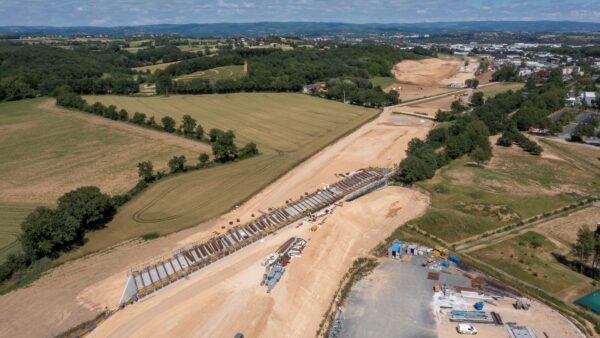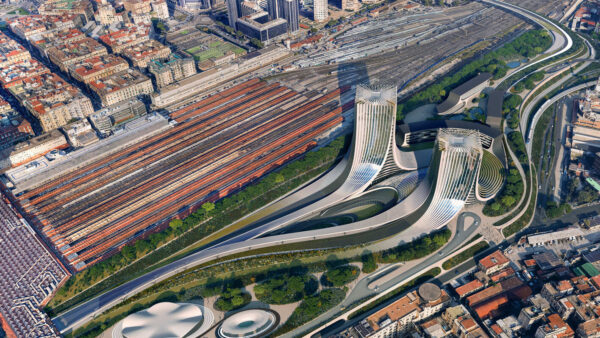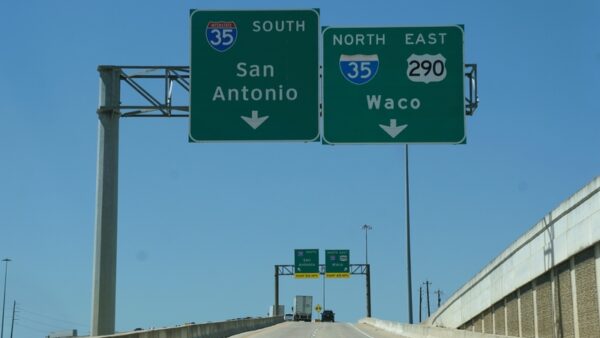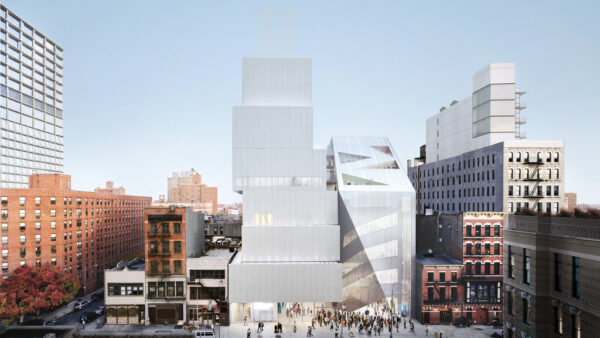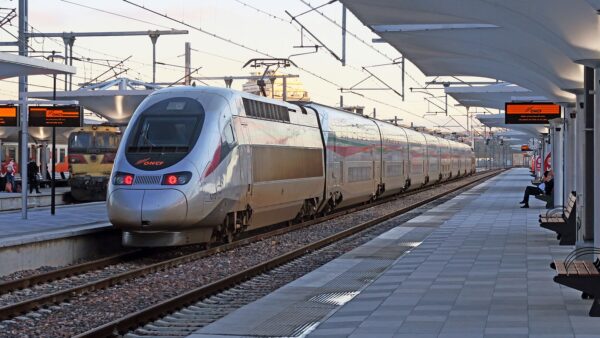A number of heavyweight global construction firms are in the running to build a major – and controversial – transport project in Western Australia.
It has been decided on very narrow political grounds to solve a ‘truck problem’ in one part of the city and to off-load it onto another–
Aecom, Laing O’Rourke, Arup, Jacobs and Parsons Brinckerhoff are among the companies teamed up with Australian firms in three consortia that have been invited to bid for the AUS$1.5bn Perth Freight Link (PFL) project.
The PFL is intended to ease heavy goods vehicle congestion in Perth by routing trucks onto a new toll road from Fremantle Inner Harbour, where freight handling is expected to grow.
Three consortia have been invited to submit detailed proposals for design and construction. They are:
- BGC Contracting, Laing O’Rourke, Arup and Jacobs;
- Clough, Brierty, WSP/Parsons Brinckerhoff and Hyder;
- Leighton Contractors, Georgiou, GHD, Aecom, BG&E and WA Limestone.
Announcing the invitation, Australia’s assistant minister for infrastructure and regional development, Jamie Briggs, said: “The Perth Freight Link will create a new world class freight connection between the Roe Highway and the Fremantle Port, reducing transport costs and improving efficiency in heavy vehicle movements.”
He said the scheme – which is more than half funded by the federal government – would drive economic growth by saving $2.5bn through travel time savings and $840m in reduced vehicle operating costs.
But Australian university researchers have said the PFL is a bad idea and will cause more harm than good.
Peter Newman and Cole Hendrigan, researchers at Perth’s Curtin University Sustainability Policy Institute, argue that the PFL scheme is poorly planned, and will only intensify truck traffic in Perth.
In a report released last month they call for the revival of an older plan that would see port activities gradually moved to a harbour farther out of town, one that could accommodate more rail access.
They say the project has become politicised and that planning suffered “due to the rush to accept the Federal largesse”.
“It has been decided on very narrow political grounds to solve a ‘truck problem’ in one part of the city and to off-load it onto another,” the researchers conclude.
Despite these objections it seems the project is going ahead. The government said contracts are expected to be awarded in September 2015.
The federal government has committed $925m to the PFL, and the Western Australia state government will contribute $650m.
Photograph: Fremantle Harbour, Western Australia, in 2010 (Wikimedia Commons)





